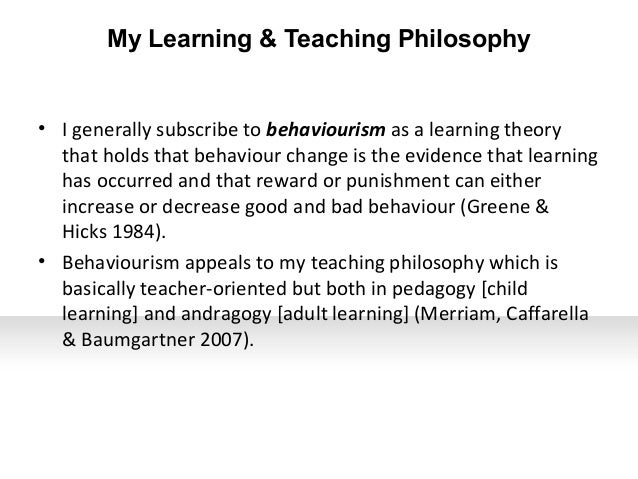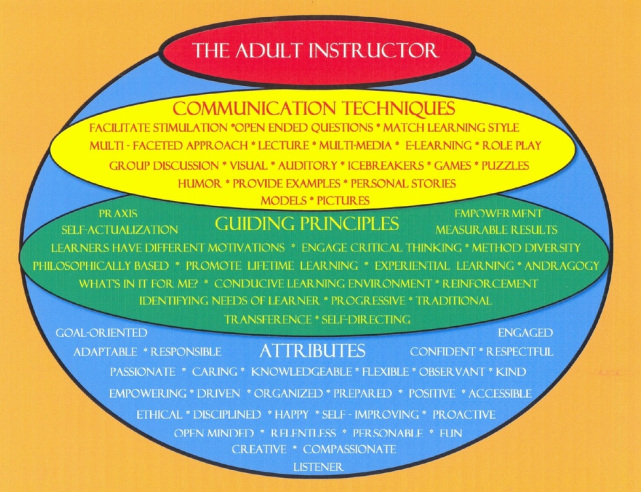
Education in the Netherlands is characterized by division: education is oriented toward the needs and background of the pupil. Education is divided over colleges for


from Adult Education that the philosophies of Adult Education are considered adequate for Training and Development, and there is no
Students searching for Philosophy: An Introduction to Philosophy Adult Education Programs found the links, articles, and information on this page helpful.
MPAEA Journal of Adult Education Volume XXXVI, Number 1, Spring 2007 19 Identifying Your Educational Philosophy: Development of the Philosophies Held by Instructors

A Philosophy of Adult Education • Nearly 50% of all college students are already 25 years old or older (National Center for Educational Statistics).
Philosophies of Adult Education. Below you’ll find three tables which compare five kinds of educational philosophies (Liberal, Behaviorist, Progressive, Humanistic
Adult education is a process in which individuals develop their knowledge, skills and abilities to facilitate a change in their personal and professional lives.
3.4 Philosophies of Adult Education 3.5 Conclusion 3.6 Apply What You Have Learnt adult education and lifelong learning needs to address the perceived needs




Many education-for-work practitioners in HRD and vocational education are finding the progressive and humanistic philosophies of adult education useful in terms of
Philosophy of Adult Education. This is the Philosophy of Adult Education Inventory, originally developed and documented by Lorraine M. Zinn.

